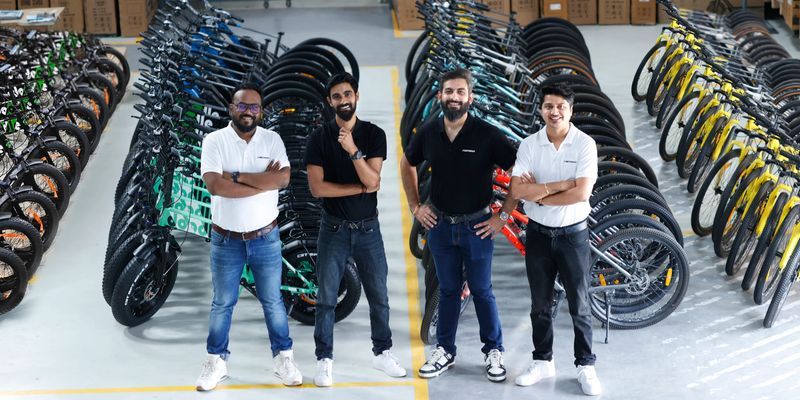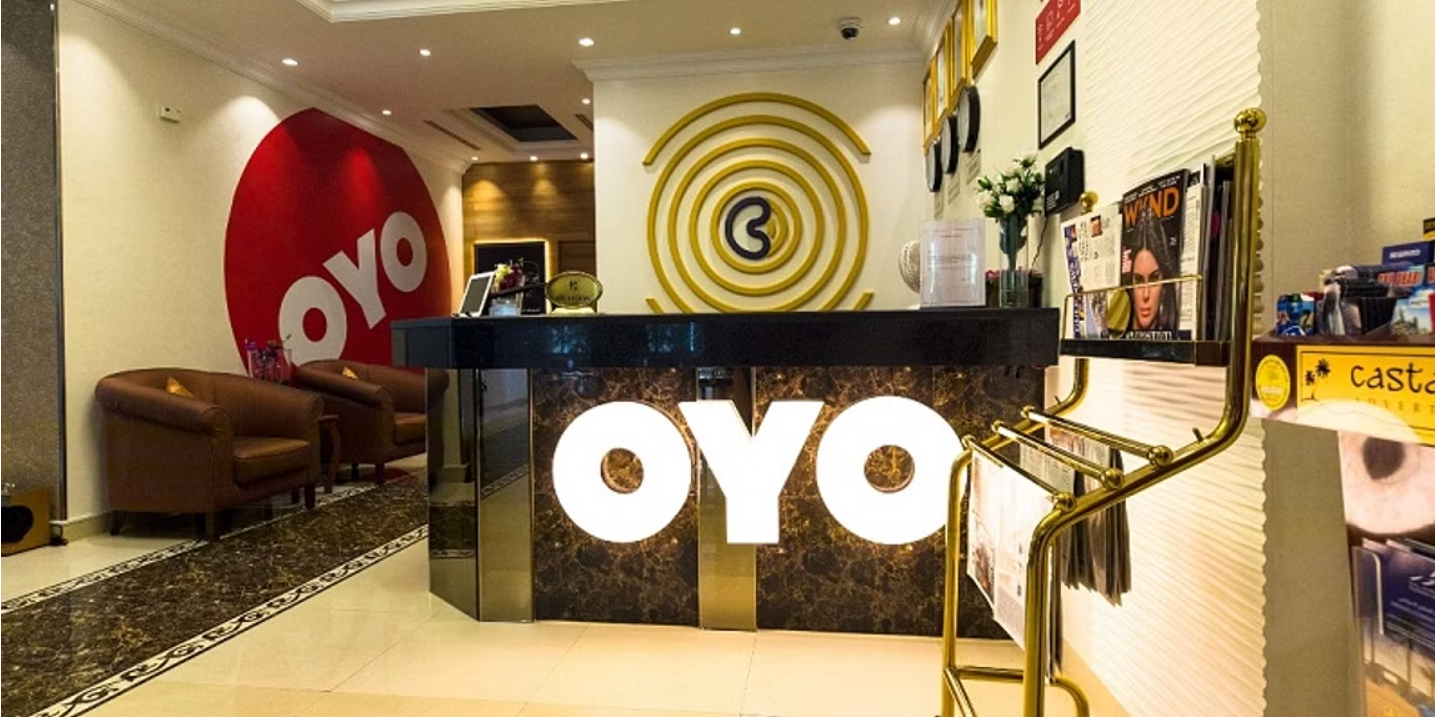Why Akhil Aryan’s ION Energy is betting on battery technology
Indian government’s policy think tank Niti Aayog wants the country to have an all-electric fleet by 2030, in light of the fact that fossil fuel is depleting and electric vehicles are the future.
Akhil Aryan's deep interest in the physics of energy and software since he was a young boy has had a logical outcome. This 25-year-old Commerce graduate from Mumbai incorporated an energy management company called ION Energy in 2017 with the purpose of turning the 'green warrior' narrative into a business opportunity.
After all, battery costs are steadily dropping and electric vehicles (EV) are finally going to become affordable and more powerful than gasoline vehicles. All they need are batteries that can store energy and pack power without degrading.

Akhil says ION Energy will handle all aspects of replaceable batteries and also consult with original equipment manufacturers (OEM) to manage their battery-operated vehicles.
He says his company will take care of the product and distribution infrastructure and deliver not only a more lucrative price per km, but also 5-6 times better acceleration, 10-12 times longer life, highest standards of safety and reliability with the fastest replenishment (aka charging time) compared to existing EVs. He adds,
“All of this is possible by the use of our proprietary technology, custom algorithms of our battery management systems and qualitative thermal management.”
Recently, Chetan Maini, the pioneer of Indian EVs, started his own energy management company called Sun Mobility, which will focus on end-to-end energy management. It plans to take power from grids and store in batteries and help OEMs build EVs that can support replaceable batteries. These batteries can be replaced at stations just like we refuel at filling pumps.
The opportunity
At present, every kilowatt hour (kWh) of lithium ion battery costs around $1,000-1,500, and so higher the power of the battery, higher the cost of the car. Reports suggest that battery costs are falling and this year it is expected to be $245 per kWh.
The National Electric Mission Mobility Plan has drawn up a target of more than six million electric vehicles on the road by 2020.But we are a long way off from achieving this number. According to Society of Indian Automobile Manufacturers (SIAM), only 22,000 EVs are on the road in a six-million-strong vehicle market, and something must be done about it.
While still on stealth mode, ION Energy announced the closing of their angel round (undisclosed amount) led by industry veterans, which includes Sushil Jiwarajka, Chairman, OMC Power and Founder, Nippo Batteries, Aakrit Vaish and Swapan Rajdev, Founders of Haptik, and executives from Times Internet, Dentsu Aegis, Salesforce and Credit Suisse.
The funds will be used for product development and bringing the technology closer to mass manufacturing.
The investments came in because the company leverages cutting-edge proprietary enhancements to the lithium-ion technology in their extremely high-performance energy storage systems.
“Energy storage is key to large-scale deployment of renewable and clean energies. Lithium ion will play a key role going forward,” says Sushil of OMC Power.
“One of our bigger challenges has been educating our audience,” says Akhil, adding that not many investors understand the space they are functioning in and the ones that do always find it difficult to define the metrics that they care about.
“The objective of every startup in this space is to increase the use of EVs and decrease the cost of ownership. It is where energy as a service matters,” says Chetan of Sun Mobility.
ION, along with other startups, is building the future. The market opportunity is well understood as India is the world's largest three-wheeler market and second largest two-wheeler market, with more than 16 million units sold every year. These vehicles alone drive more than 1.2 billion km every day. Besides, fossil fuels/gasoline is limited and the move to electric is undeniable.
“A lot of the work that we do is proprietary and we have multiple patents filed,” says Akhil, adding that the winner here is not one that simply accumulates patents but ones who actually bring the technology to market.
So the game is in decoupling energy storage from other driving applications. ION Energy will remain an infrastructure company that manages and replenishes batteries.
The money required in this ecosystem is millions of dollars and only quick adoption of EVs in Indian transportation will be able to make such companies profitable. This requires the efforts of OEMs and government policy.
Today, we are yet to see a serious electric vehicle strategy from automobile OEMs and only Mahindra and Mahindra Group has some form of electric vehicle strategy. Hopefully, companies like ION Energy and Sun Mobility will force the ecosystem to invest in EVs.











